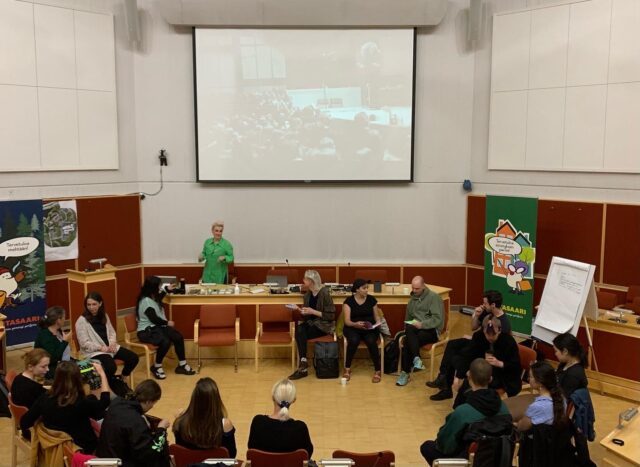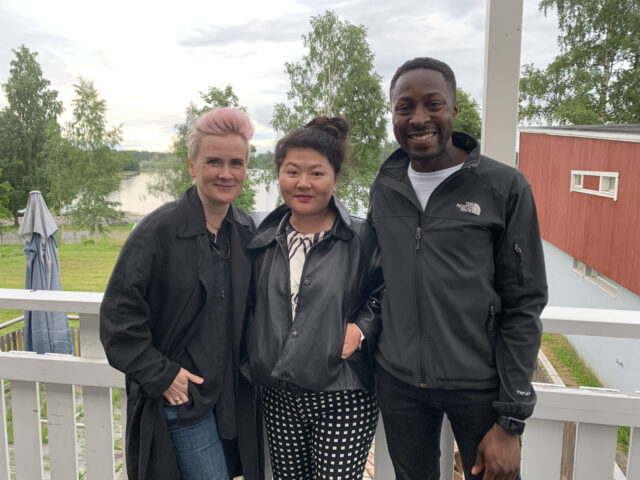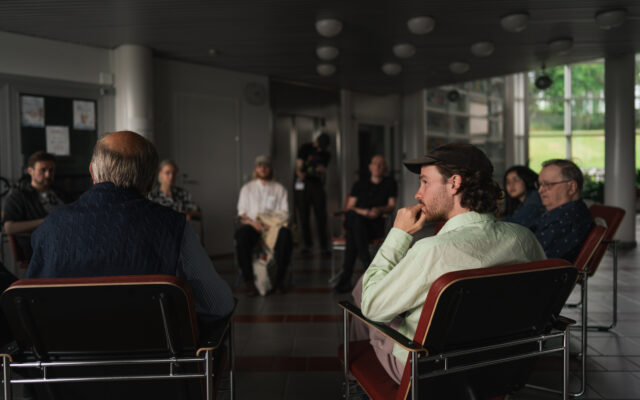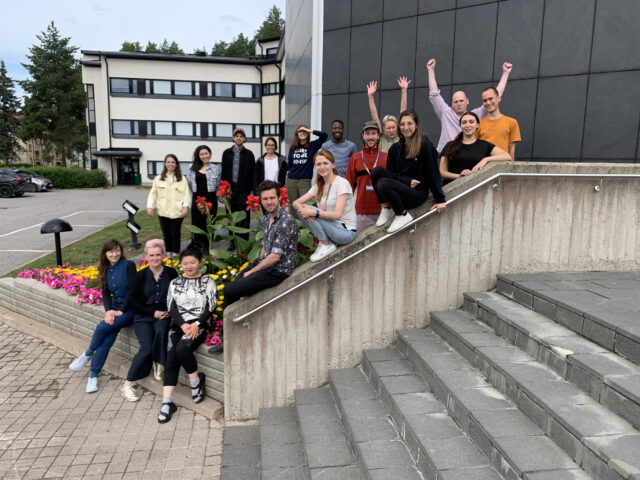with Toks Dada, Du Yun, Julia Gerlach and Vigdis Jakobsdottir
Curatorship and curationism have become important buzzwords in the art world and world at large during the last decades. The classical and new music field, the ensembles and festivals involved are also moving towards more hybrid, collaborative projects and processes that involve other art forms and require new methodologies. Currently there are few educational programmes where to learn and discuss these questions in the contemporary music world, so emerging music curators and programmers must learn their trade as best they cat through internships or by trial and error.
Sounds Now’s Curating Diversity course aims to provide a space for emerging music curators to reflect and debate upon questions that arise around the role of the music curator. What does curating music mean in the world that we live in today? Does a curator – which in the field of music, could mean an artistic director, performer, composer, collective, programmer or producer – have a social role to play? What makes a work or performance connect with audiences today, and how are we, as producers and facilitators, sensitive to the ambitions of creators? How can we rethink music presentation to better reflect and resonate with different societies and communities? What are the curatorial concepts and methodologies used in other art fields that the musical world could learn from?
These concepts and others were explored this year by a group of 12 emerging curators at the Time of Music festival in Viitasaari, Finland. Participants were selected via an international call alongside nominated stipendiates and researchers in the context of the Sounds Now project.
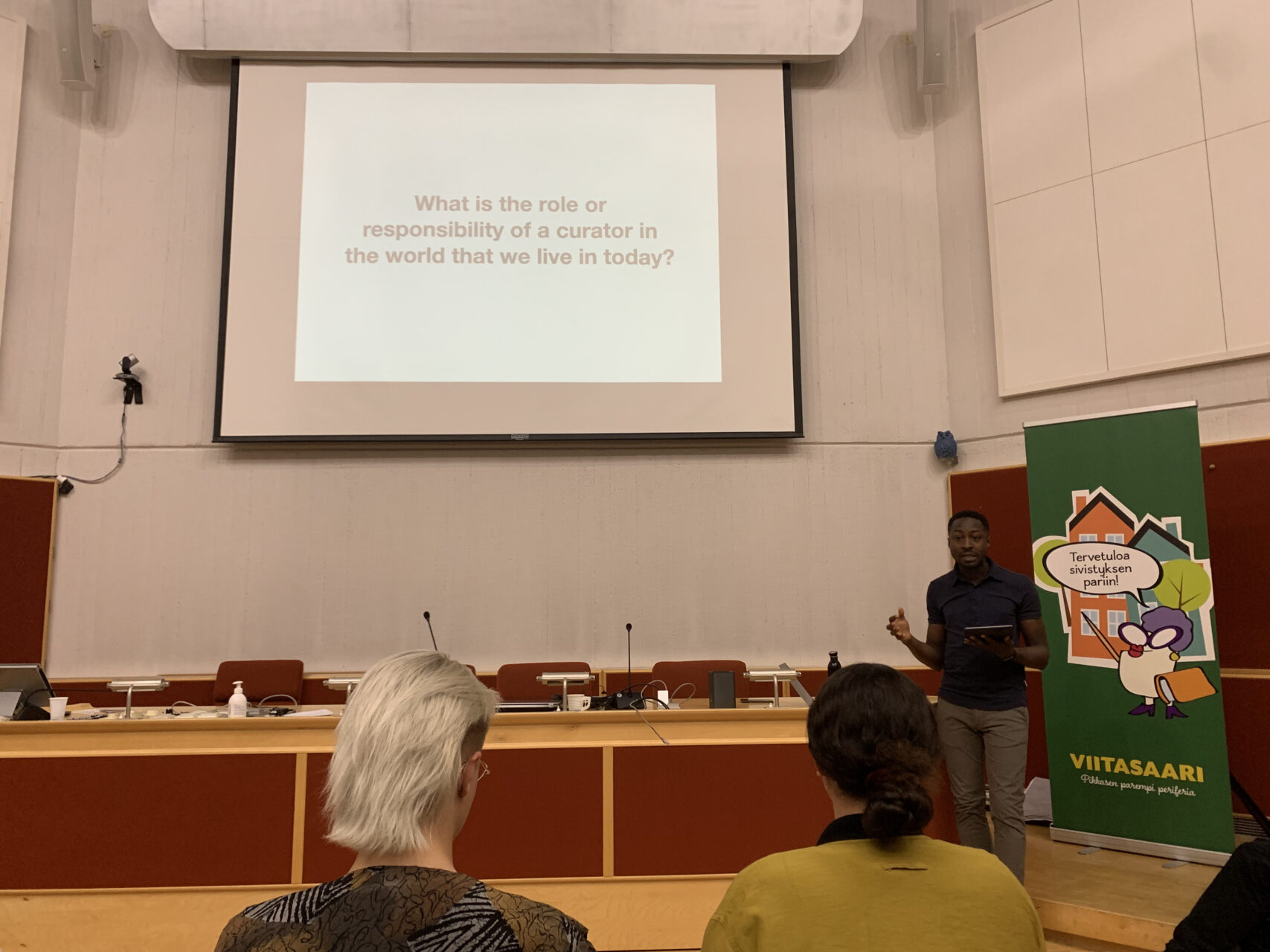
Course description
During the course, mentors gave presentations on their work as curators and discussed different approaches to curating. Workshops explored questions and challenges of programming and building projects with different communities, institutions and audiences. In addition to these guest lecturers, the Artistic Director of Time of Music Johan Tallgren participated in discussions on specific topics.
The Curating Diversity course focused more on ethical and positional questions of today as opposed to purely technical aspects. Discussions covered questions such as: the challenges of public and private space, collaborative and participatory strategies, working with archives and existing material, modern identity-politics initiated by digital media, curatorship as activism proposing social change, diversity, gender and inclusivity. The course included opportunities to work in small groups with mentors where participants’ own projects and ambitions were discussed. For the last day of the course, the participants prepared a public discussion & manifesto around what they consider the important questions in curating in the new music field today.
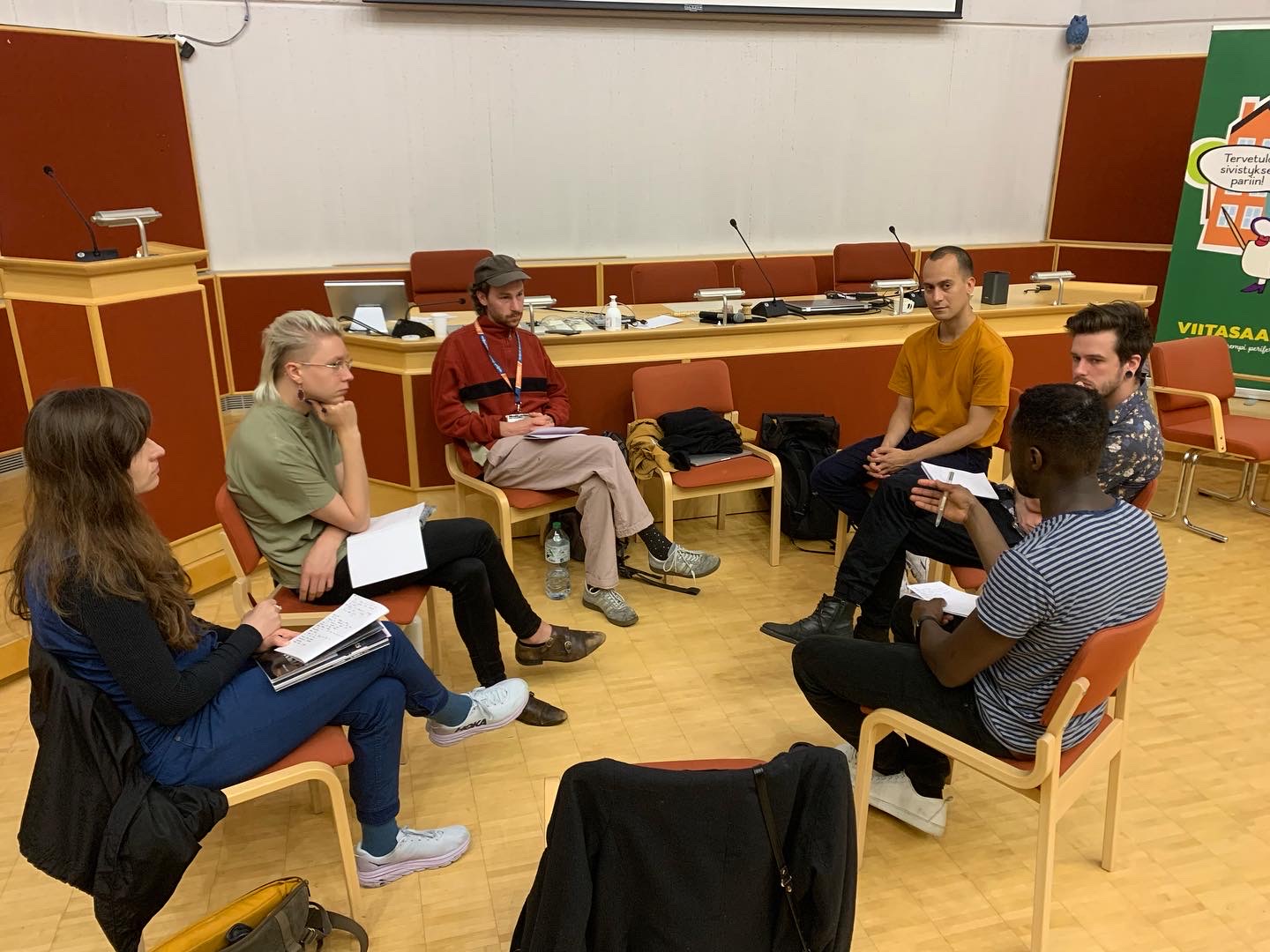
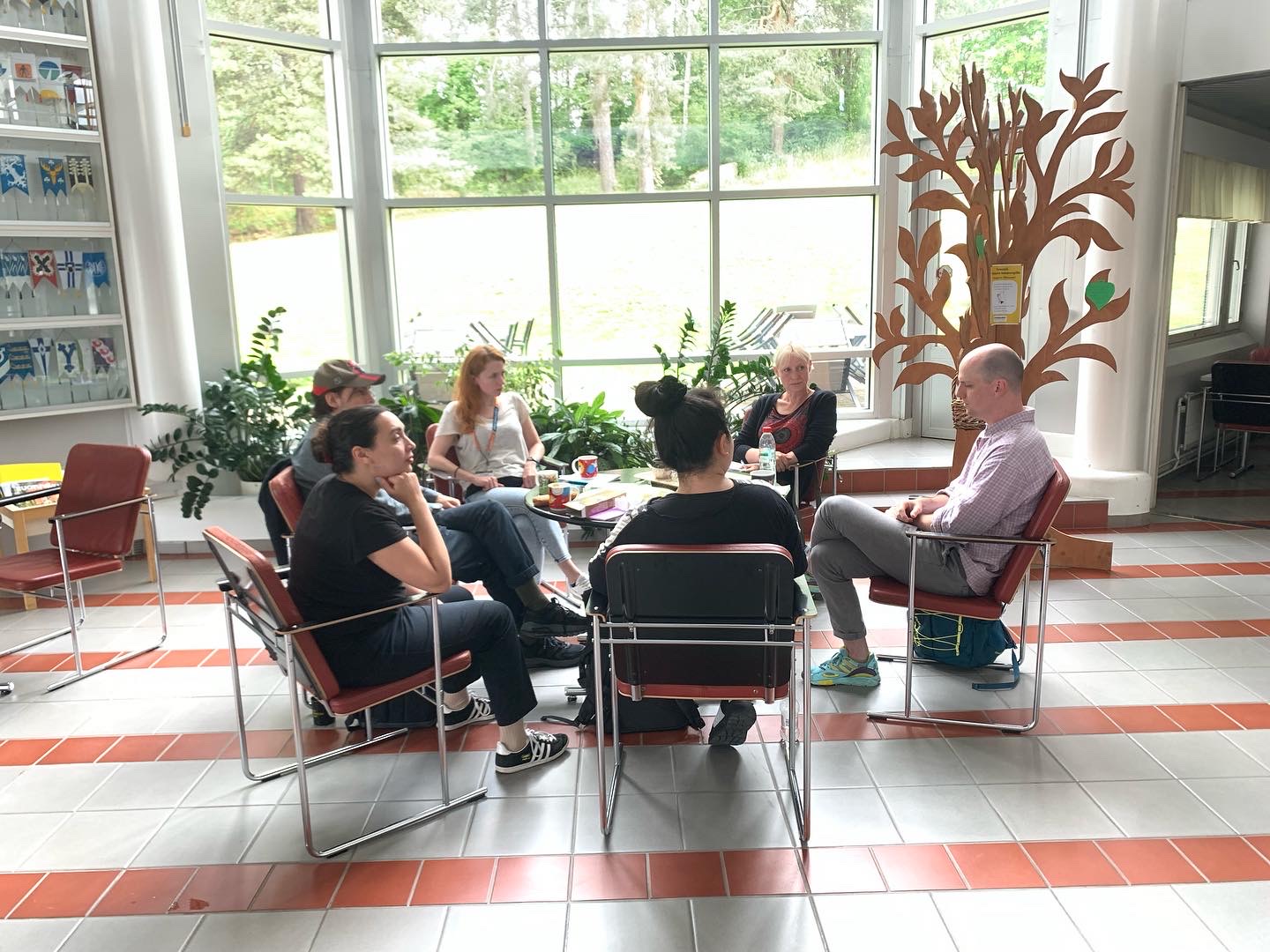
Interested in learning more about curating in music? The Curating Diversity course takes place annually in a different European city throughout the duration of the Sounds Now project. The 2023 edition will take place in Oslo with Sounds Now partner Ultima Oslo Contemporary Music Festival.
